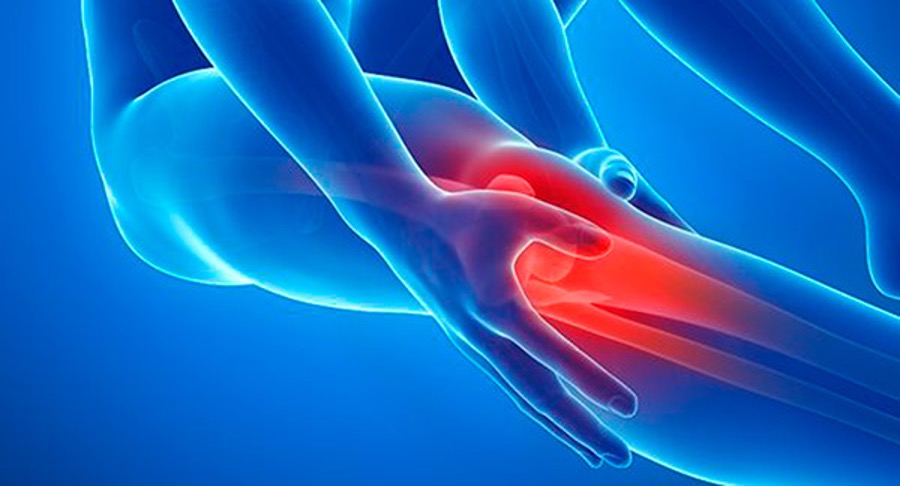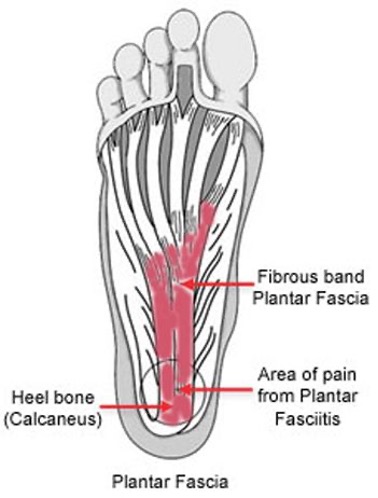A healthy, balanced diet is key to your well-being. Read on to dive into the many benefits of eating healthy.
What does a healthy, balanced diet look like?
First things first: what does a healthy diet look like? There is a plethora of information online about healthy eating and it can be overwhelming. We’ve pulled together the important points for you!
In summary, a healthy, balanced diet looks like this:
- Eating a wide variety of healthy foods from each food group daily: fruit, vegetables, grains, protein (including lean meat, poultry, eggs, tofu, nuts, seeds, legumes, beans), and dairy (or alternatives).
- Limiting your intake of foods that are high in saturated fats, sugar, and salt by only eating them occasionally and in small amounts.
- Drinking enough water every day.
- Understanding how much food you need to fuel your body based on your activity levels and eating according to your body’s needs.
Get ready for improved sleep
There is growing evidence that sufficient intake of key nutrients promotes sleep. A diet lacking key nutrients including calcium and magnesium is associated with sleep problems. A diet that is high in carbohydrates can affect the quality of your sleep.
Just as nutrition affects sleep, sleep also changes nutrition, with studies finding that people are more likely to overeat when they don’t get enough sleep.
Protection against chronic diseases
A balanced diet reduces your risk of developing chronic diseases including heart disease, high blood pressure, type 2 diabetes, and can reduce your risk of developing certain cancers.
Key to reaching and maintaining a healthy weight
Rates of obesity are growing in adults and children worldwide, with an estimated 1.9 billion adults worldwide being overweight or obese. Maintaining a healthy weight can reduce your risk of chronic disease and also puts less pressure on your joints, muscles, and bones.
A balanced diet is essential for reaching and staying at a healthy weight. A good place to start is to learn how much food you need to fuel your body based on your activity levels and make healthy choices by reducing your intake of foods high in saturated fats, sugar and salt.
Nutrition plays a key role in mental health
There is evidence to suggest a link between your diet and your mood. Studies have found that a diet high in refined sugar is correlated to impaired brain function and a worsening of mood disorders. A healthy diet has been associated with a reduced risk of depression.
If you want advice on how physiotherapy can enhance your health, please get in touch! Give us a call on (08) 9203 7771 or email us at info@ngp.net.au.
References
- Better Health Channel (2022). Healthy eating and diet. [Online]. Available at: https://www.betterhealth.vic.gov.au/health/healthyliving/healthy-eating
- Sleep Foundation (2022). Nutrition and Sleep. [Online]. Available at: https://www.sleepfoundation.org/nutrition
- Health Direct (2021). Food, drink and mental health. [Online]. Available at: https://www.healthdirect.gov.au/food-drink-and-mental-health
- World Health Organisation (2021). Obesity and Overweight. [Online]. Available at: https://www.who.int/news-room/fact-sheets/detail/obesity-and-overweight




